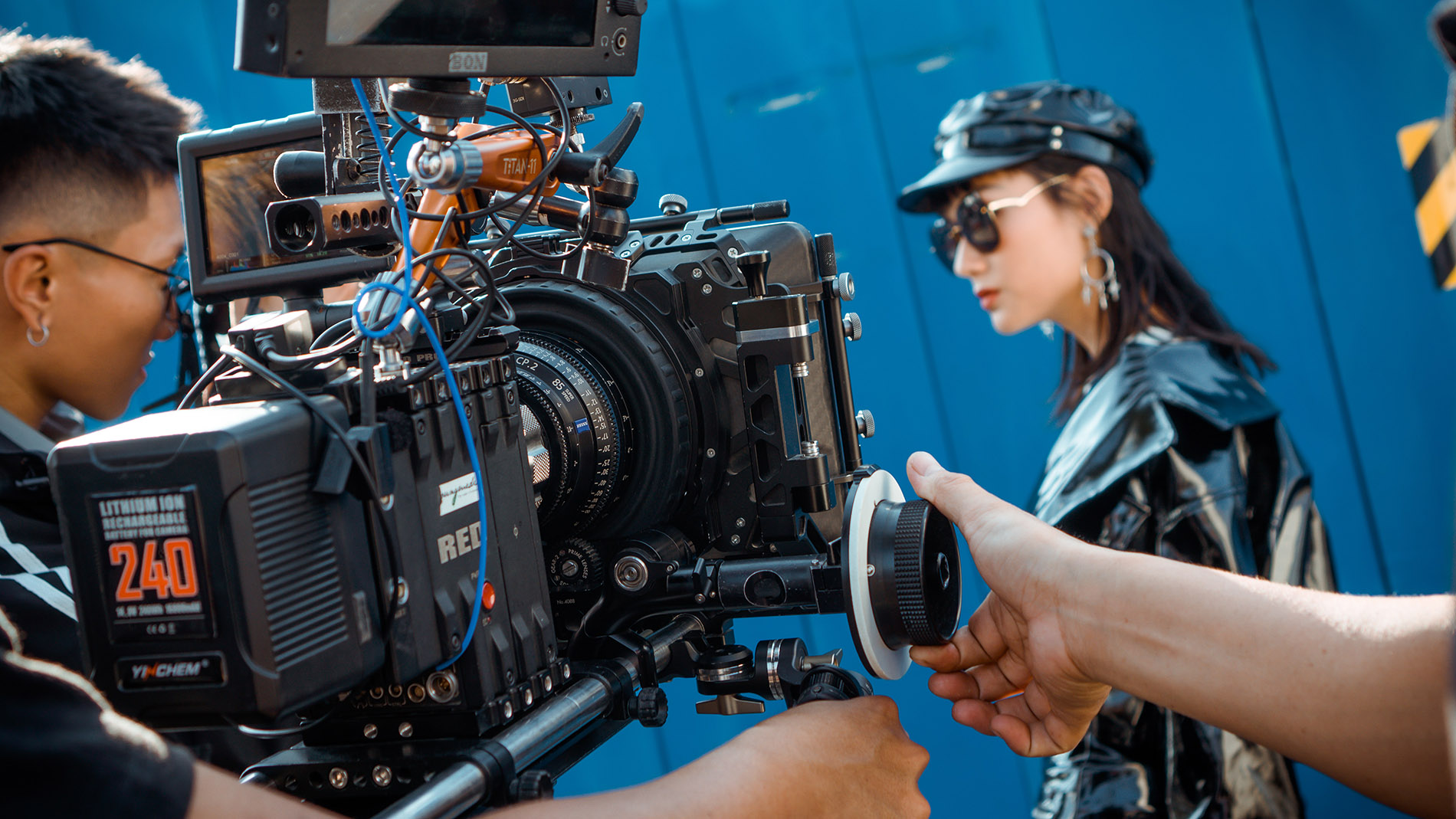
The Basics and Benefits of 4k TV Resolution
The Basics and Benefits of 4K TV Resolution
Step into any local retail store that sells electronics, and you’ll find no shortage of HD TVs that promise the best picture quality possible. As flashy and impressive as they may be, you’ve probably never paused to consider the journey leading up to such advancements, nor the reasons as to why someone might want to film in 4K in the first place.
Well, we’re here to answer those questions — and more. Without further ado, let’s dive into the basics and benefits of HD TV resolution.
4K Resolution: A Brief History
Like most technological advancements, it took years of improvements before our screens had the ability to produce crystal-clear images. Here is a brief outline of the history leading up to the TVs we know and love today:
- 1953: U.S. analog color TVs remain the standard.
- 1990’s: TVs become thinner, and the LCD screen is introduced.
- Late 2000’s: TVs take a giant leap forward with the 1080p screen, the first full-HD option is available at the time.
- Mid-2010’s: Electronics engineers create the first ultra-high-definition TVs (UHD), also known as 4K TV resolution.
- 2015-2019: 8k TVs are introduced, developed, and finally released to consumers.
Why Film in 4K?
When considering filming in 4K TV resolution, most filmmakers think of the ugly: slow uploading and editing times, large file sizes, changes in techniques.
Though these are all certainly true, there are still benefits to filming in this HD alternative. After all, there’s a reason why it’s growing in popularity across various media channels.
Some reasons to shoot in 4K include:
- Improved Capture Quality: You could film the most well-directed scene in the world, and it will still look unprofessional if your resolution doesn’t reflect quality. Fortunately, this isn’t an issue with 4K, as you’ll be producing a noticeably sharper image each time.
- It Keeps Video Timeless: TV resolutions are rapidly changing, which means your film needs to keep up with the times. If you’re still capturing everything in 720p, your video won’t last long once everyone else has already upgraded to an 8K television.
- Easier Stabilization: Stabilizing video is difficult for most filmmakers, especially if they’re short on budget. Fortunately, 4K leaves a wide margin for error, as you’ll be able to zoom into your picture for stabilization without noticeably impacting its quality.
- Better Frame Capture: If you’ve ever tried to capture a frame from a 720p video, you know how frustrating it can be to find a non-pixelated picture. With a 4k resolution, however, you can make almost any still frame that still prints out in HD.
Can You Scale Down from 4K?
Finally, one of the best aspects of the 4K TV resolution is its versatility. Since it’s capturing four times the normal amount of video, you have nearly unlimited room to scale back down to another resolution if need be.
For instance, you could first film in 4K to capture HD stills, then scale down to 1080p to make editing easier and reduce upload times. The possibilities are endless, so try it out today!


